Rabbi Aharon Margalit: "Five Months in Isolation Were Worth It for..." - An Empowering Interview
The man who overcame disability, stuttering, cancer, and bereavement now voluntarily faces isolation since the outbreak of the coronavirus. In an inspiring interview, he offers tips for coping with COVID-19, isolation, and a seemingly endless crisis.
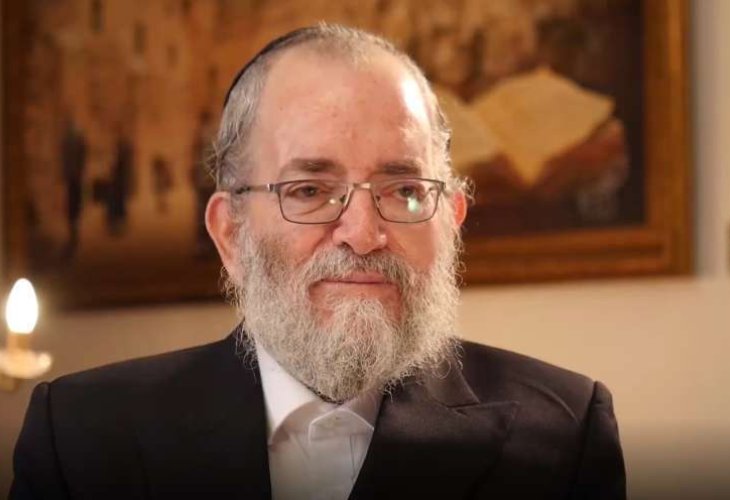 Rabbi Aharon Margalit
Rabbi Aharon Margalit"Grandpa, how are you? I think of you all the time. How do you manage being alone at home for so long?!" This was the conversation Rabbi Aharon Margalit received a few weeks ago from his 10-year-old granddaughter. It was in the midst of the lockdown in their hometown of Ashdod, and the young granddaughter, who stayed home day after day, suddenly understood what her grandfather had been going through for many months. Thousands of people in Israel are currently in isolation, but usually for a period of two weeks or even less. However, for those in high-risk groups, like Rabbi Margalit, the voluntary isolation has been prolonged with no end in sight. "I told her it was worth spending five months in isolation just to hear such a sweet sentence from her," says the rabbi, who finds light in every situation. As he promised himself during his difficult childhood, he insists on growing from the crisis.
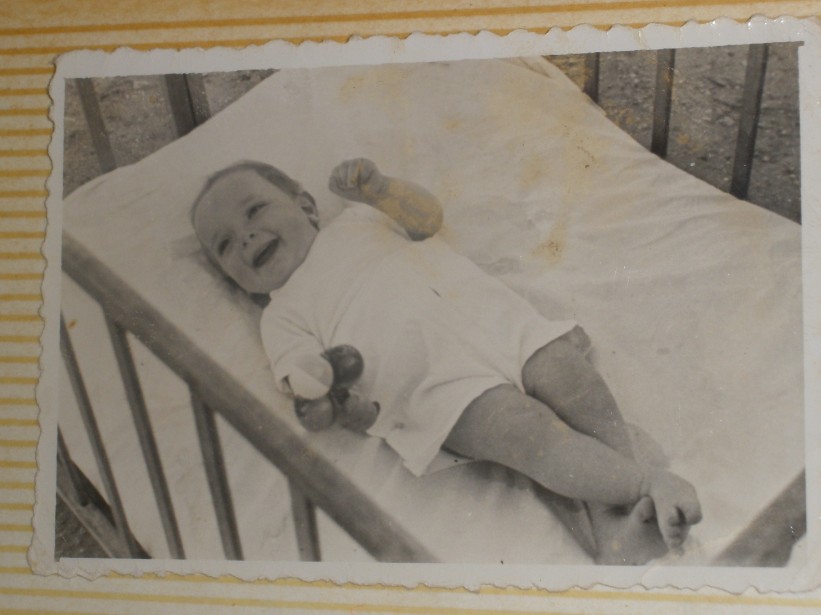
The Endless Isolation
As someone in a high-risk group, how does the Rabbi cope with the coronavirus period?
"Even before Purim, we understood the situation and isolated ourselves at home, entering voluntary isolation without being forced into it. For the first time in our lives, we conducted the Passover Seder alone, and it was the first time my wife asked questions, and I couldn't say to her, 'Let me think about it for a day or two'... During this period, I delivered very few lectures, some in open spaces according to all health ministry guidelines, and some via Zoom or phone. There were also event organizers who sent a filming team to my home for recorded lectures, but it all amounted to very few times. Regarding my health, I am not worried. I focus on what I can do, strictly adhere to health regulations, and beyond that trust that Hashem protects and will continue to protect."
Even in his childhood, the Rabbi experienced a period of terrible loneliness in the hospital. Are there any bright spots that emerged from this situation?
"Certainly, looking back, I found many benefits from that period. There, under the blankets, my personality grew and was forged like steel. It was then that I began to understand life insights that later came to fruition, insights that have accompanied me then and now. In my childhood, there was a lot of hardship, pain, loneliness, yearning, envy, and anger. I felt like the most miserable child on earth, with no one more miserable than me. But in the end, when I grew a bit older, I realized that I had two options. The first option was to go with a megaphone, explaining to everyone what I went through and getting all the justifications in the world for being so pitiful.
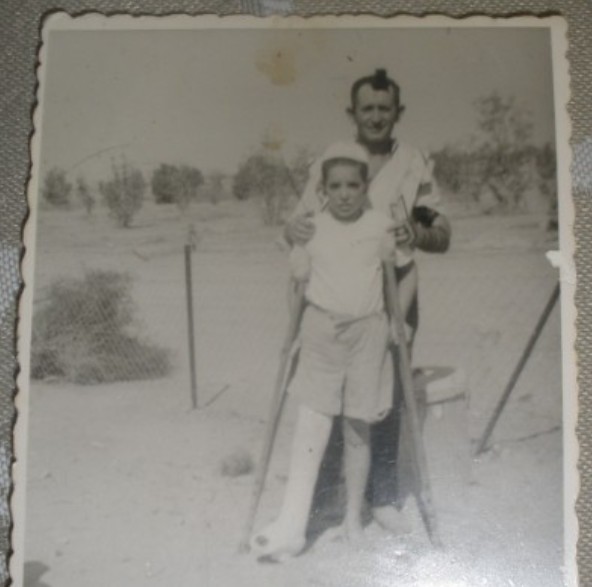 Rabbi Aharon Margalit with his father and crutches
Rabbi Aharon Margalit with his father and crutches"The second option was to take responsibility and focus on what I can do. True, I do not function at one hundred percent - the shoulders are paralyzed, the hands are weak and hard to operate, and even the leg struggles to move. People who haven't experienced this don't know how complicated it is for me to dress or even place a kippah on my head. Instead of focusing on the difficulty and anger about what I've lacked, I could raise my head and ask what I can do. Stop focusing on what I don't have and others do, and see where I can progress."
"Under the blankets, there were hundreds of hours of crying and self-pity, but out of that great difficulty came the realization that it all depends on me, and if I change my viewpoint and start focusing on the good, everything will be better. That realization led me to focus on solving the technical problems, so even if the kippah falls, I'd learn to put it back on without feeling pitiful. This reality also gave me the ability to understand the difficulties of others and connect to their feelings. When someone talks to me about social rejection, loneliness, envy among siblings, or parents who weren't there for them - I know very well how they feel. Because while other children grew up with parents at home, friends, and toys, I only had a pillow to absorb the tears. I was a child who until the age of 16 couldn't communicate with people or say how he felt, I was too embarrassed even to open my mouth and answer when someone asked me something in the street. But ultimately all those pains turned into a tremendous force of sensitivity and consideration for others, the ability to weep with another in their pain, the thought of how not to embarrass them, and the sensitivity to situations that a healthy person wouldn't even notice came from there. I think that if I had grown up like my brothers, I wouldn't be the person I am today, and in hindsight, it was worth it so that I could understand others better and offer real words of encouragement to people."
Rabbi Aharon Margalit shares a personal story on the story program:
"I, Now, and Beneficial"
So what advice can the Rabbi offer to those also spending long periods alone at home?
"First, don't be addicted to the media. It is enough to listen to one news broadcast per day. The second and even more important thing is to focus on thinking about what I can do now in a beneficial way, emphasizing I, now, and beneficial. There is no point expecting my wife, my doctor, the children's teacher, or the accountant to do it, but rather I. Because when a person is focused on action, then he has no time to ponder, fall, and sink."
"Additionally, it's important to maintain a daily routine, which is really a basic thing for us. It's also advisable to maintain healthy nutrition, although it's a bit harder in-home isolation. There is less physical activity, you're close to the fridge, and the dishes Grandma prepares for the grandchildren smell amazing. I heard from a sanitation worker that during the first lockdown of the coronavirus, household garbage amounts increased by 40%, partly due to all the snacks people were eating."
"Personally, we also decided from the first day of isolation to take a half-hour walk every day in one of the quiet areas near our home. We walk along a very long and wide boulevard, allowing one of our children or grandchildren to join us for a conversation while keeping a safe distance. Such a conversation from a distance can only be done with one person, and we adhere to that."
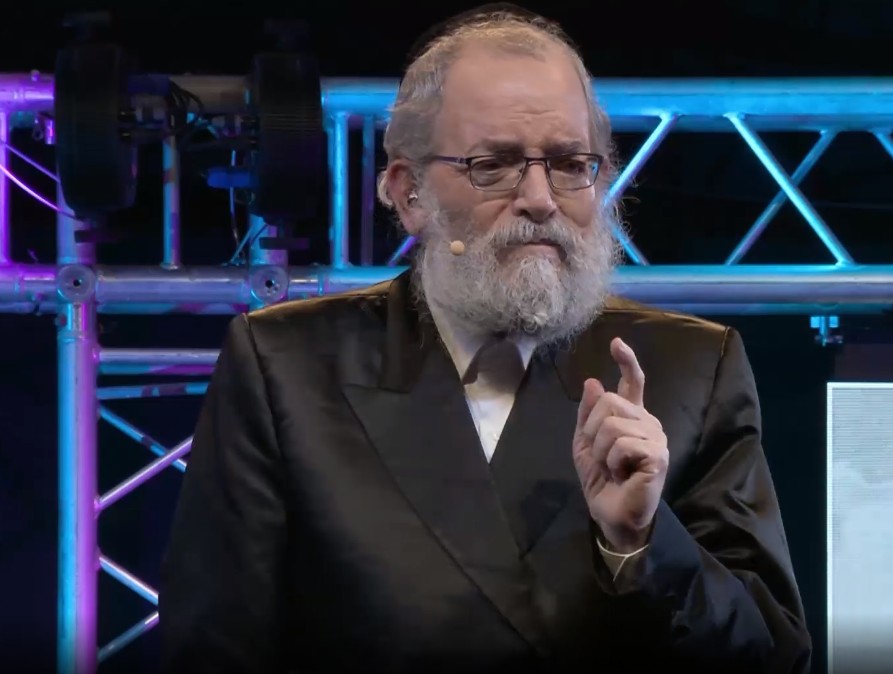
"Regarding meetings with children and grandchildren, creative ways can be found. Personally, we meet our children and grandchildren in small groups in open spaces. We have a spacious yard with a table and chairs that get disinfected between families, so with masks and keeping a distance, we maintain a close connection with everyone. Most of our children and grandchildren live within walking distance from us, so we get visits all the time. There's a regular cycle for their visits, and if necessary, they switch among themselves."
"Additionally, it's good to try and find activities that bring enjoyment. Fortunately, we managed to progress on several projects that we postponed for years during this time. We sat down to organize photo albums, and we have a lot of them. I've organized documents, learned how to use the 'Zoom' software, and sat down to write things I wanted to get to for a long time but didn't manage. Lately, I'm also learning more than I was used to before, and I even managed to build a family tree five generations back, which required a lot of time and countless phone calls to relatives. What else? I've renewed connections with friends from elementary school and yeshiva, those I haven't met in years, and a significant part of my day is devoted to answering various inquiries. Due to the difficult period, the volume of phone and email inquiries has increased several folds, and this is besides the many calls I receive from all over the world following the new book I've released - 'Acharei Etelech'. The book has spawned a massive wave of inquiries, and I dedicate many hours to them each day. Currently, I'm about two and a half weeks behind in answering inquiries, which is quite unusual and bothers me. Anyway, I wake up every morning with a song in my heart, feeling that this day holds a lot of meaning. Not long ago, there was a lockdown in Ashdod, and it was less pleasant to see the whole area full of police and barricades, but life and health must be preserved, and if we, unfortunately, haven't learned to do it in an easier way, then this is the price we have to pay."
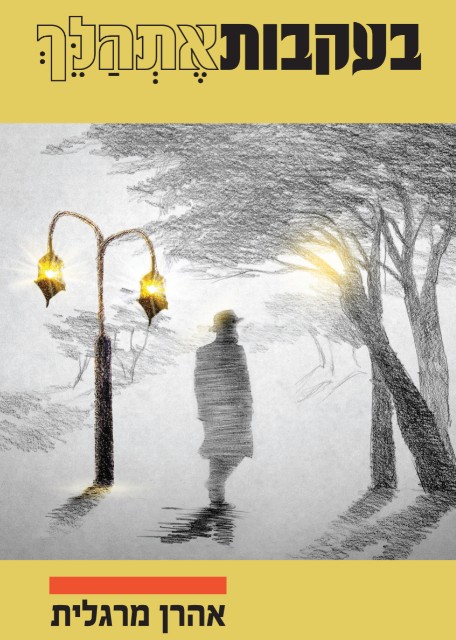
Is there something good that the Rabbi sees came out for him from the coronavirus, despite the challenges?
"I see many good things. The connection with all family members has greatly tightened, and physically, we even see them more than usual. True, we haven't hugged them for five months, and it's not easy, and for my wife, it's really tough, but the relationship itself has grown to new places. We've learned to better understand their sensitivities, and we have a lot of deep conversations with them, while before the coronavirus, both we and they were busier and less available for conversation. Also, with the grandchildren, we find ourselves sitting down for a long time thinking about what can be done to make things less boring, and we have succeeded together in finding many ideas that can fill the time with joy and activity.
"Another thing we now have in the family is a family phone line where I give a talk to everyone once a week. A few weeks ago, I talked to them about the opportunity to pay attention to those around us who are struggling, think about whether there is some friend suffering from social rejection, and now it is even harder for them. I told them this is an opportunity to make a phone call, show interest, talk, and offer an ear, and the children's reactions to this are really heartwarming."
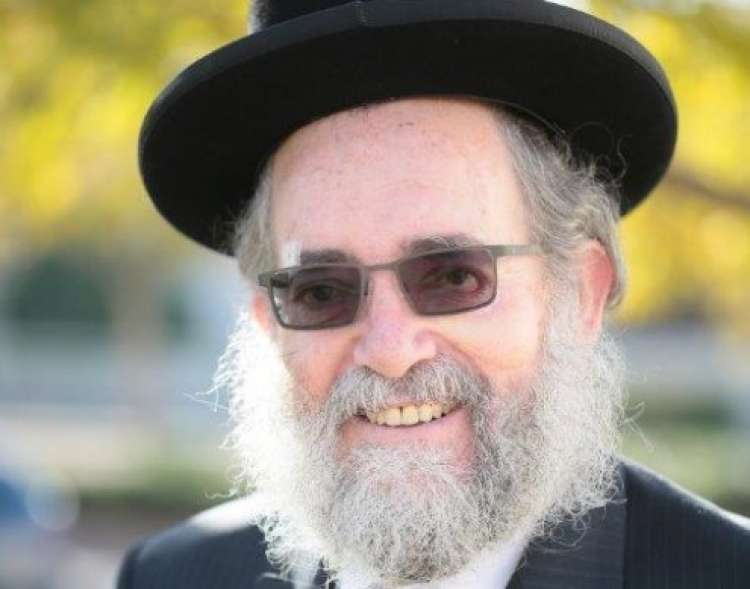
"Lastly, during this period, I'm taking advantage of the time to write another book. A few months ago, the book 'Acharei Etelech' was released, which has already been translated into several languages and received much stronger responses than 'Etelech'. Just to remind you, in 'Acharei Etelech', true stories are told of people who were in very dire situations and decided to confront and grow out of the crisis. They understood that if they change their perspective and take responsibility for their lives, everything would change, and indeed, the moment they did so, they emerged from darkness to light. The heartwarming responses led me to decide to release another such book, and if any of the Hidabroot readers suggest a successful name for the new book - I promise them the book with a personal dedication from me."
He lay paralyzed in a hostel for several years, suffered from severe stuttering, lost two of his children, and faced cancer three times - what is the secret of Rabbi Aharon Margalit's strength? Dudu Cohen met with him for an optimistic and supportive conversation about willpower, prayer, and faith:
To purchase Rabbi Aharon Margalit's books for children and adults in Hidabroot Shops, click here.

